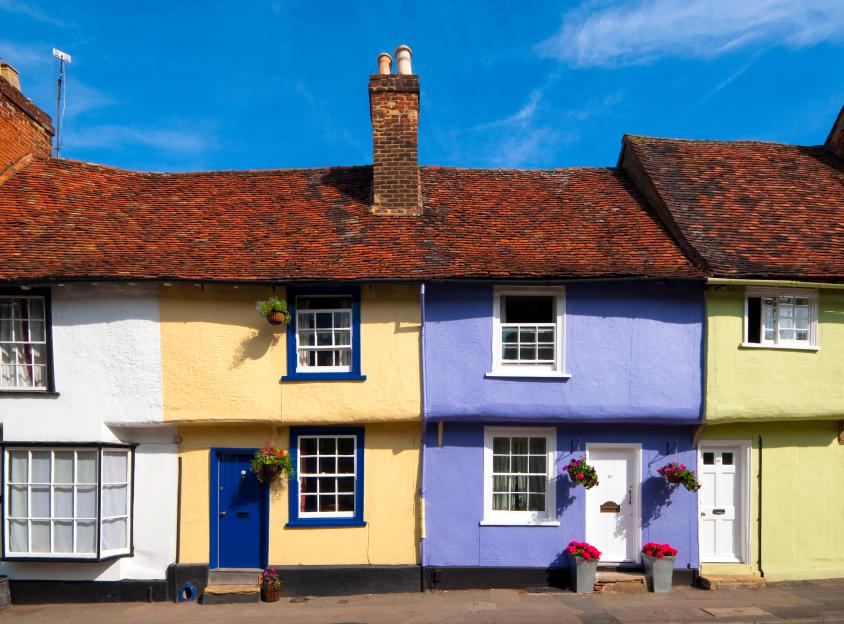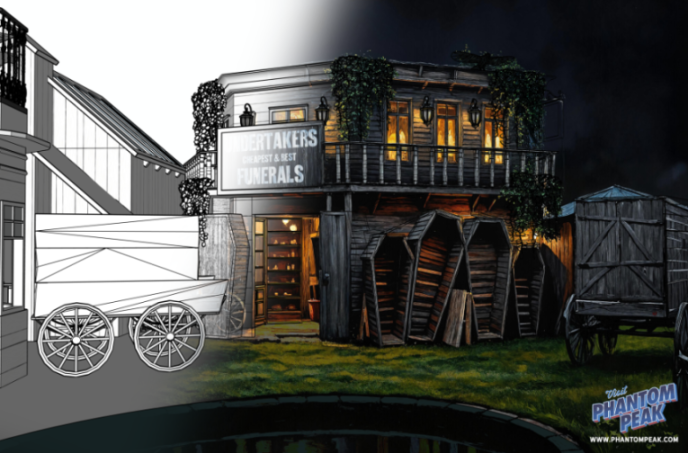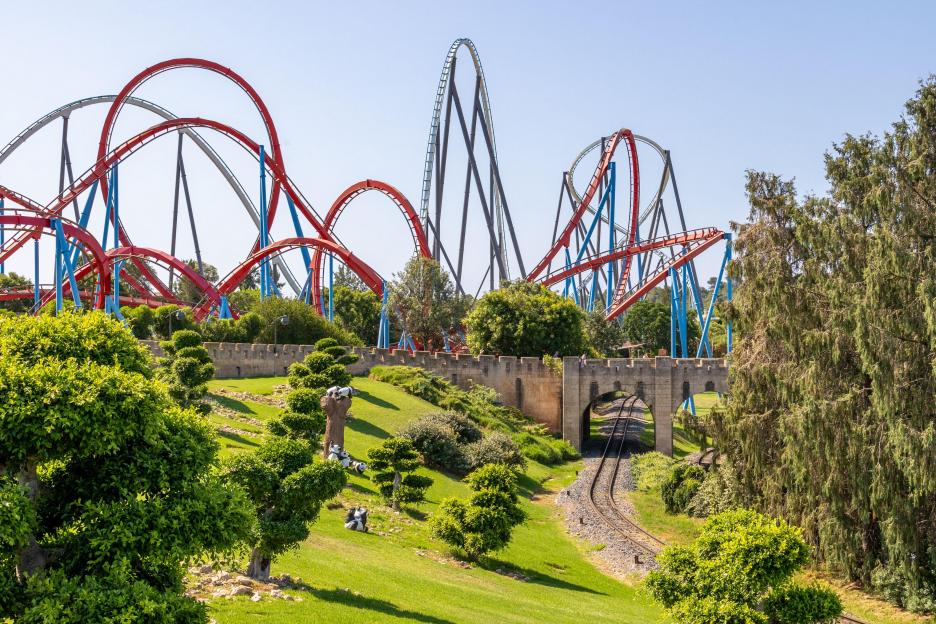A VITAL new £1 billion tramline has been unveiled, set to transform lives by linking the city centre to the airport and unlocking thousands of jobs and investment.
The ambitious project, hailed as a “moment of great opportunity,”; is set to reshape how people live, work, and travel.
 The plan focuses on East Birmingham and North Solihull
The plan focuses on East Birmingham and North Solihull Local leaders stress that this is not just about transport but about connecting people to opportunity
Local leaders stress that this is not just about transport but about connecting people to opportunity The line would run from the new Curzon Street HS2 station, through Digbeth and Bordesley Green
The line would run from the new Curzon Street HS2 station, through Digbeth and Bordesley GreenThe plan focuses on East and North Solihull, aiming to link the heart of the city to major hubs including the NEC, , and the HS2 interchange at Arden Cross.
It’s been described as a once-in-a-generation project that will breathe new life into areas struggling with high and child poverty.
Years in the making, the proposal has gathered momentum thanks to the efforts of West Midlands mayor Richard Parker and Tom Wagner, the investor owners, Knighthead.
The line would run from the new Curzon Street station, through Digbeth and Bordesley Green, home to the planned £2.9 billion Blues super-stadium, then on to Heartlands Hospital, the NEC, and the airport.
Local leaders stress that this is not just about but about connecting people to opportunity.
Mayor Parker said: “We are creating a necklace of opportunity that will join communities together and bring in billions of pounds of investment.
“This is a massive opportunity for the whole region.”;
The proposal carries the slogan “Invest a Little, Unlock a Lot,”; arguing that an initial £350â400 million of public funding could spark billions in private investment and create thousands of new jobs.
leaders, local councils, and executives have joined forces to call on the government to back the project.
Birmingham City FC’s CEO Jeremy Dale has been clear: “There’s no point building a stadium for 60 to 70 thousand people if they can’t get out of the stadium.”;
Investor Tom Wagner added that improving connections will benefit not just sports crowds but the 375,000 residents who live along the planned route.
The tramline would also support big projects like Washwood Heath, Bordesley Park, and Tyseley Energy Park, opening up new opportunities in green , advanced manufacturing, and innovation.
This could help position the region as a leader in the UK’s transition to a low-carbon .
Leaders across the political divide â including Birmingham’s council and Solihull’s leadership â have come together to support the plan.
They issued a joint statement calling it a “moment of real opportunity”; to bring more jobs, better , and stronger communities to the region.
Local MP Liam Byrne has urged ministers to back the formation of a Mayoral Development Corporation to oversee the project, which he says will help cut through bureaucracy and ensure swift delivery.
He praised the proposal in Parliament, saying it could be a national example of how to unlock regional growth.
While no official government funding has yet been announced, insiders believe that ministers are warming to the plan.
Talks with and Secretary Heidi Alexander have been described as positive, with a formal announcement possible as part of June’s spending review.
If approved, phase one of the project could be complete by 2030, in time for the opening of the Blues’ new stadium.
The full network would follow within a decade, delivering a dramatic upgrade in transport connectivity across Birmingham and Solihull.
This new line is seen as essential to making the most of the massive HS2 investment, ensuring local communities are connected to new national and international rail links.
Without it, leaders warn, the full potential of HS2 and regional regeneration projects may be lost.
 This could help position the region as a leader in the UK’s transition to a low-carbon economy
This could help position the region as a leader in the UK’s transition to a low-carbon economy






